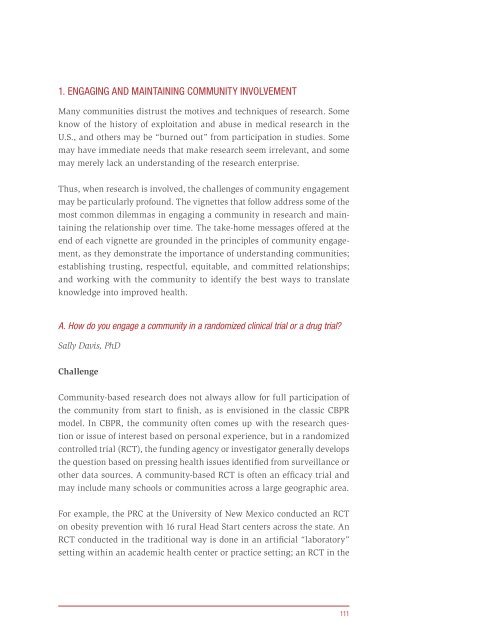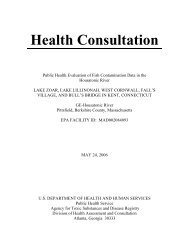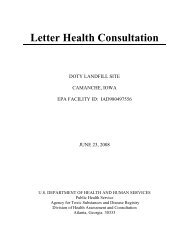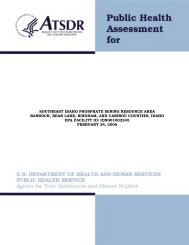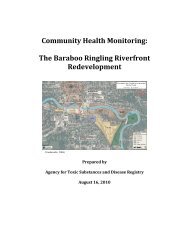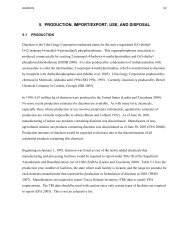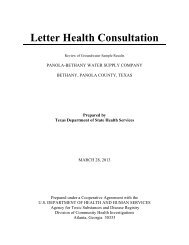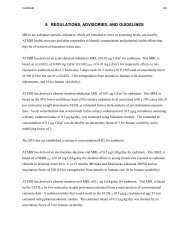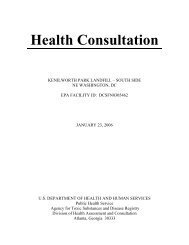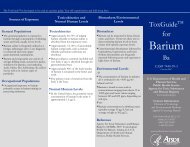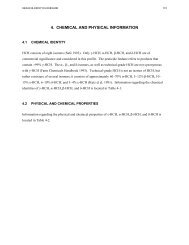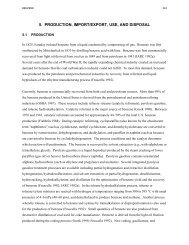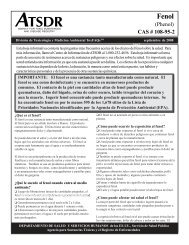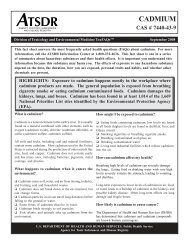Principles of Community Engagement (Second Edition)
Principles of Community Engagement (Second Edition)
Principles of Community Engagement (Second Edition)
You also want an ePaper? Increase the reach of your titles
YUMPU automatically turns print PDFs into web optimized ePapers that Google loves.
1. ENGAGING AND MAINTAINING COMMUNITY INVOLVEMENT<br />
Many communities distrust the motives and techniques <strong>of</strong> research Some<br />
know <strong>of</strong> the history <strong>of</strong> exploitation and abuse in medical research in the<br />
U S , and others may be “burned out” from participation in studies Some<br />
may have immediate needs that make research seem irrelevant, and some<br />
may merely lack an understanding <strong>of</strong> the research enterprise<br />
Thus, when research is involved, the challenges <strong>of</strong> community engagement<br />
may be particularly pr<strong>of</strong>ound The vignettes that follow address some <strong>of</strong> the<br />
most common dilemmas in engaging a community in research and maintaining<br />
the relationship over time The take-home messages <strong>of</strong>fered at the<br />
end <strong>of</strong> each vignette are grounded in the principles <strong>of</strong> community engagement,<br />
as they demonstrate the importance <strong>of</strong> understanding communities;<br />
establishing trusting, respectful, equitable, and committed relationships;<br />
and working with the community to identify the best ways to translate<br />
knowledge into improved health<br />
A. How do you engage a community in a randomized clinical trial or a drug trial?<br />
Sally Davis, PhD<br />
Challenge<br />
<strong>Community</strong>-based research does not always allow for full participation <strong>of</strong><br />
the community from start to finish, as is envisioned in the classic CBPR<br />
model In CBPR, the community <strong>of</strong>ten comes up with the research question<br />
or issue <strong>of</strong> interest based on personal experience, but in a randomized<br />
controlled trial (RCT), the funding agency or investigator generally develops<br />
the question based on pressing health issues identified from surveillance or<br />
other data sources A community-based RCT is <strong>of</strong>ten an efficacy trial and<br />
may include many schools or communities across a large geographic area<br />
For example, the PRC at the University <strong>of</strong> New Mexico conducted an RCT<br />
on obesity prevention with 16 rural Head Start centers across the state An<br />
RCT conducted in the traditional way is done in an artificial “laboratory”<br />
setting within an academic health center or practice setting; an RCT in the<br />
111


